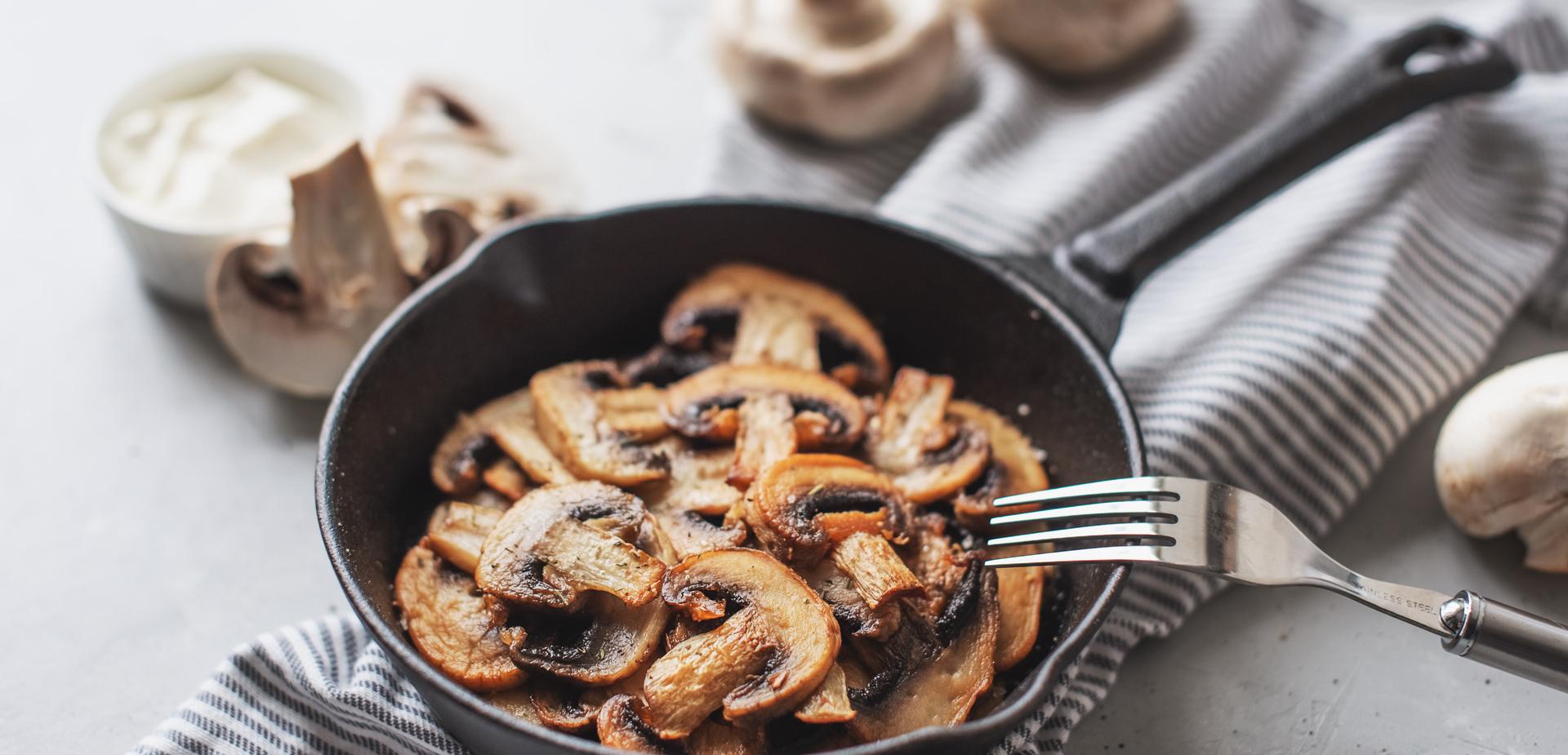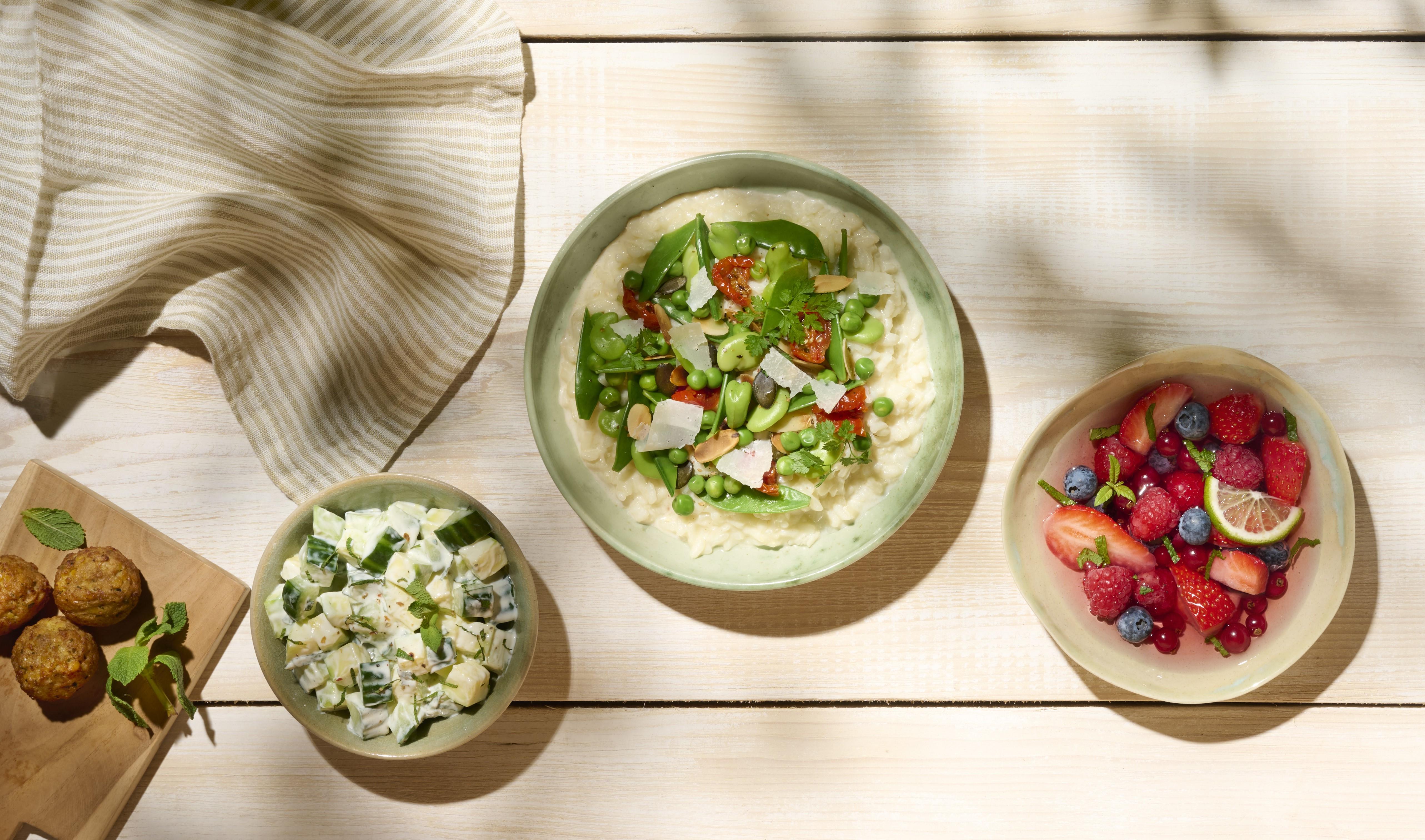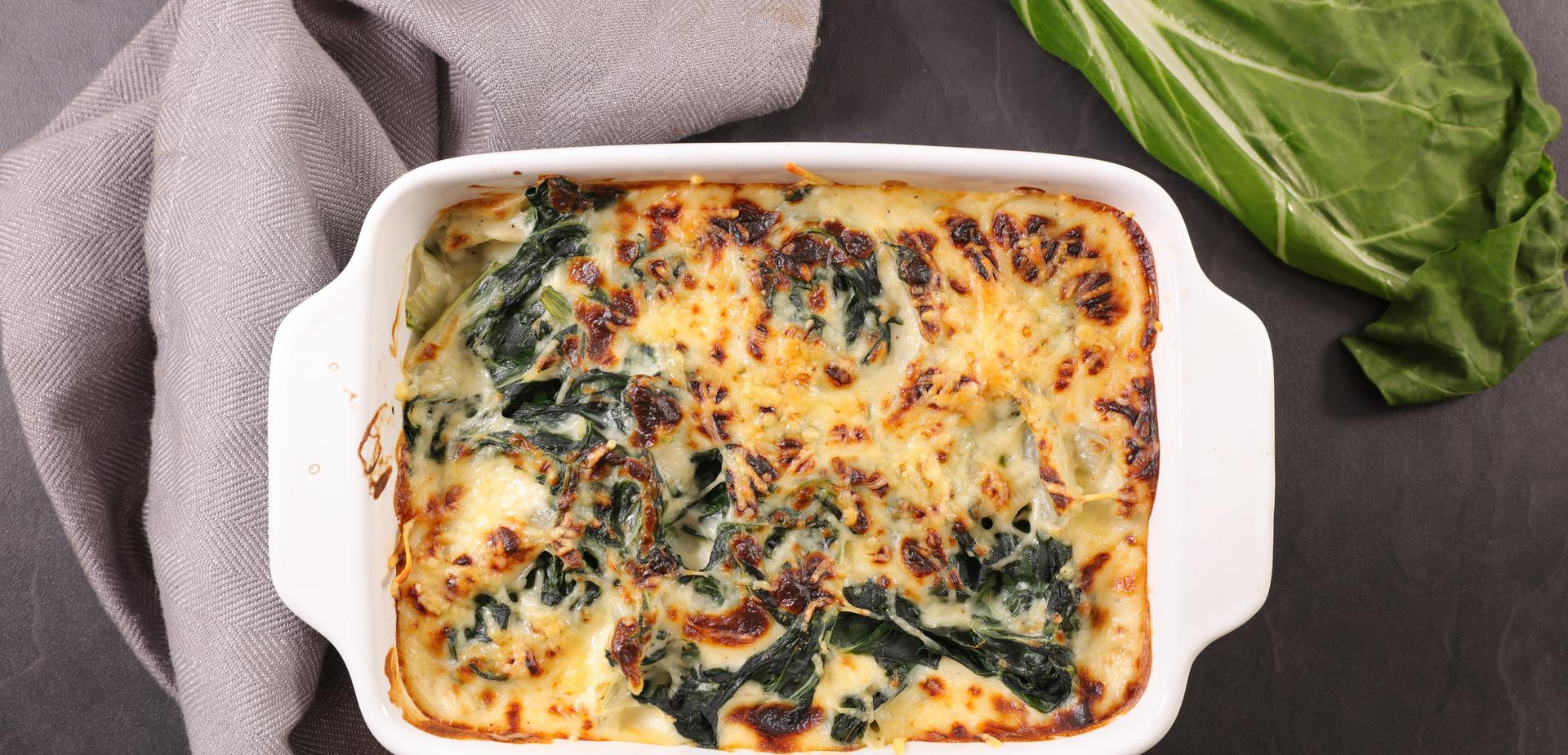.jpg)
Discover sustainable cuisine for a healthier, greener lifestyle
18 June is Sustainable Gastronomy Day around the world! And at Campanile we’re seizing the chance to promote more responsible cooking and eating habits by running a Sustainable Cuisine Month in our hotels. Serving good food is in our DNA, and one of our priorities is to offer our guests ecofriendly food all year round – because we care for the planet AND your health! And to go further, we share some of our tips to try sustainable cooking at home. Ready to find out more?
.jpg)
Let’s start at the top. What does sustainable cuisine even mean? It’s about being aware of the environmental and social impact we have when we’re stocking up our store cupboards and preparing our meals. Cooking in a “sustainable” way means optimising our planet's natural resources and contributing to a more sustainable future, but it’s also better for your health!
To eat sustainably, focus on cooking with quality food products, and choose ethical options where possible – for instance, buy from brands that farm and breed livestock in fair and environmentally responsible ways, or that employ people from marginalised groups. It’s also about making ecologically sound choices, such as buying organic, local and seasonal produce. This all helps to reduce greenhouse gas emissions, preserve biodiversity and natural ecosystems. What’s more, it doesn’t interfere with nature’s cycles or diminish the nutritional properties in the foods we eat.
There are other ecofriendly habits you can easily get into if you want to make sustainable eating part of your lifestyle: reduce your food waste (ideally, the goal is zero waste), cut down on packaging and disposable or single-use products, up your intake of plant-based foods, and avoid anything processed. And if you want to take it one step further, check that your kitchen utensils are non-toxic, that you’re not using energy-guzzling appliances, and that your household cleaning products are ecological.

Don't worry, getting into more sustainable consumption habits in terms of what you eat isn’t all that difficult! Here are some tips to help you ease into a more planet-friendly way of doing things:
Cut down on meat and dairy products. According to the National Academy of Medicine, eating too much meat is bad for your health, increasing the risk of heart problems and Type 2 diabetes, among other conditions. Fill up on fibre, vitamins and minerals with some tasty vegetarian recipes, zhooshed up with spices and herbs! And most importantly, remember to incorporate lots of beans and pulses, which are excellent sources of plant protein. If you haven’t tried a good vegetarian Bolognese sauce yet, what are you waiting for? It’s delicious!
Shop wisely and save money! Check what fruits and vegetables are in season and read the labels so you know where the products come from. Bear in mind that organic farming doesn’t use any pesticides or chemical fertilisers, so it reduces our exposure to toxins. Organic food is healthier for our bodies and for the planet!
Plan ahead! Forget about ready-made meals with processed ingredients, which contain masses of fat, salt and sugar, and get into the habit of batch cooking instead. If you cook meals in double or triple quantities in advance, and freeze some of them, you’ll save time and reduce waste. And – even better – if you spend a few hours a week doing a load of batch cooking, it’s a great chance to get the kids involved in making some of the recipes!
Keep an eye on use-by dates and best-before dates. The government estimates that 10 million tonnes of food are wasted each year in France. To cut down on this waste, check expiry dates when you’re buying food and keep tabs on how long you’ve had the items in your fridge and cupboards.
Make things easy for yourself! If you get into the habit of always carrying a reusable bag with you, you’ll generate less waste packaging (plastic or cardboard – it’s the same battle). And in the kitchen, you can save energy with low-temperature cooking, which maximises the food’s nutritional value. Use cast iron or stainless steel pots and pans; not only are these materials non-toxic, but they retain heat well so it cuts down on cooking time and uses less energy.
These are just some of the ways you can eat more sustainably, which is healthier both for you and your bank balance, as well as being better for the planet!
Bonus tip
June is Sustainable Cuisine Month at Campanile! It’s an opportunity for guests in our hotels to enjoy tasty food prepared with sustainability in mind. Cooking with fresh, local and seasonal products, we ensure you can savour planet-friendly food – even when you’re on holiday.






.jpg)


